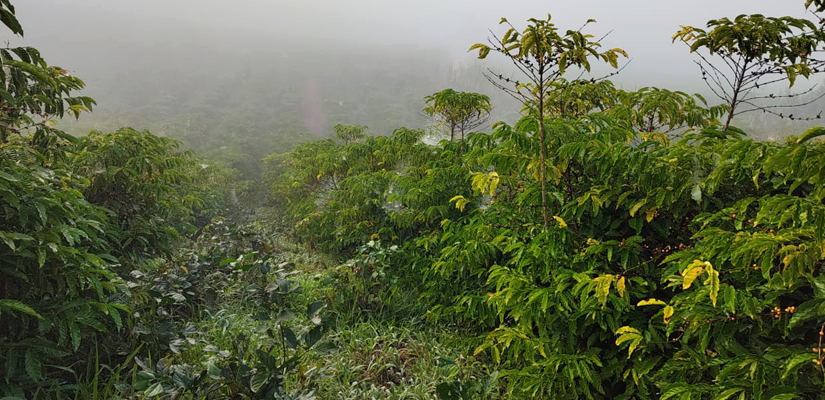Cupom 10PRIMEIRACOMPRA para sua primeira compra conosco: digite no carrinho
Frete Grátis para compras a partir de R$ 350,00
2% de desconto no PIX
Cupom 10PRIMEIRACOMPRA para sua primeira compra conosco: digite no carrinho
Frete Grátis para compras a partir de R$ 350,00
2% de desconto no PIX
Cupom 10PRIMEIRACOMPRA para sua primeira compra conosco: digite no carrinho
Frete Grátis para compras a partir de R$ 350,00
2% de desconto no PIX
Cupom 10PRIMEIRACOMPRA para sua primeira compra conosco: digite no carrinho
Frete Grátis para compras a partir de R$ 350,00
2% de desconto no PIX
Cupom 10PRIMEIRACOMPRA para sua primeira compra conosco: digite no carrinho
Frete Grátis para compras a partir de R$ 350,00
2% de desconto no PIX

